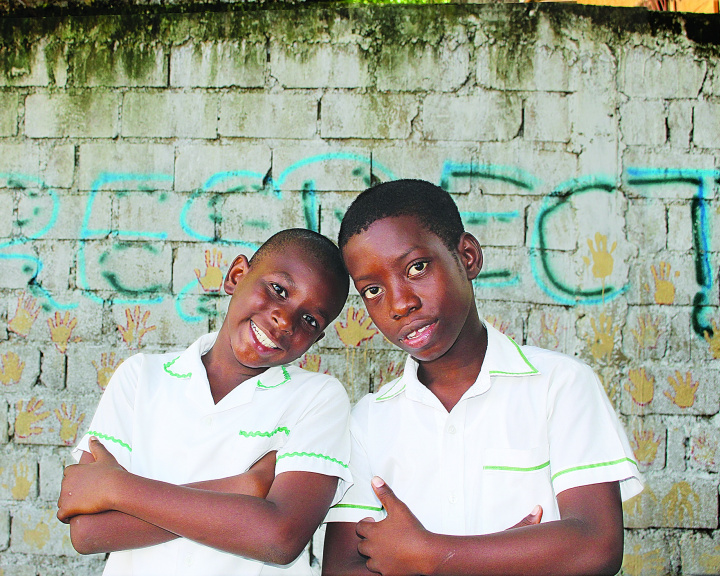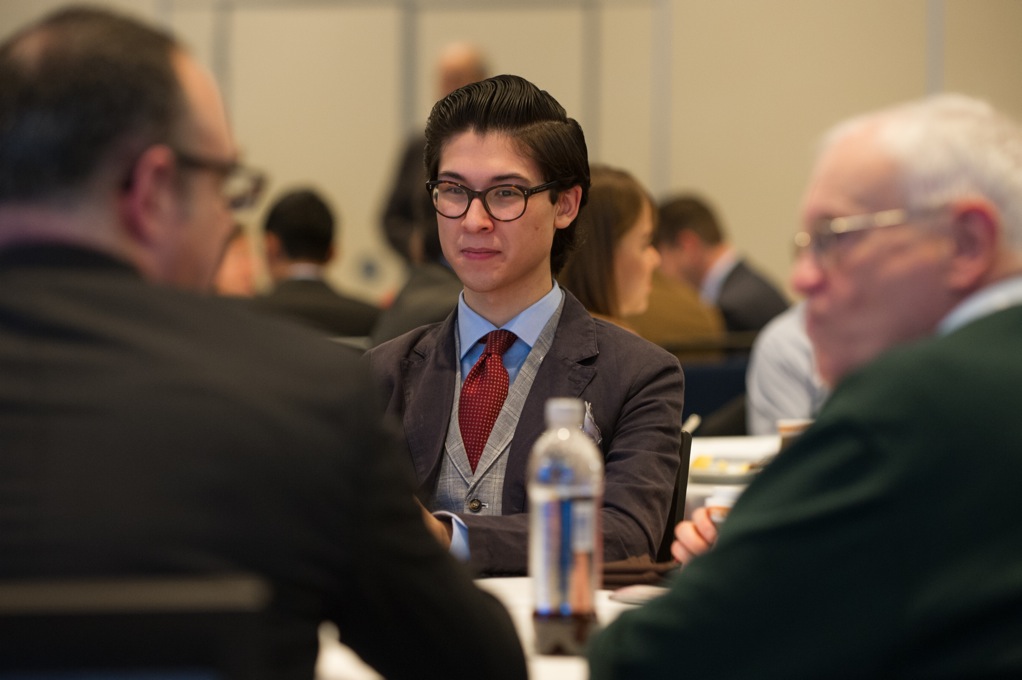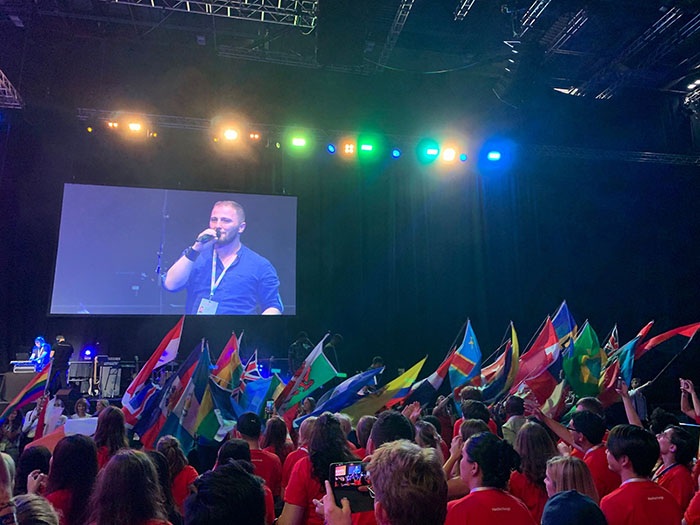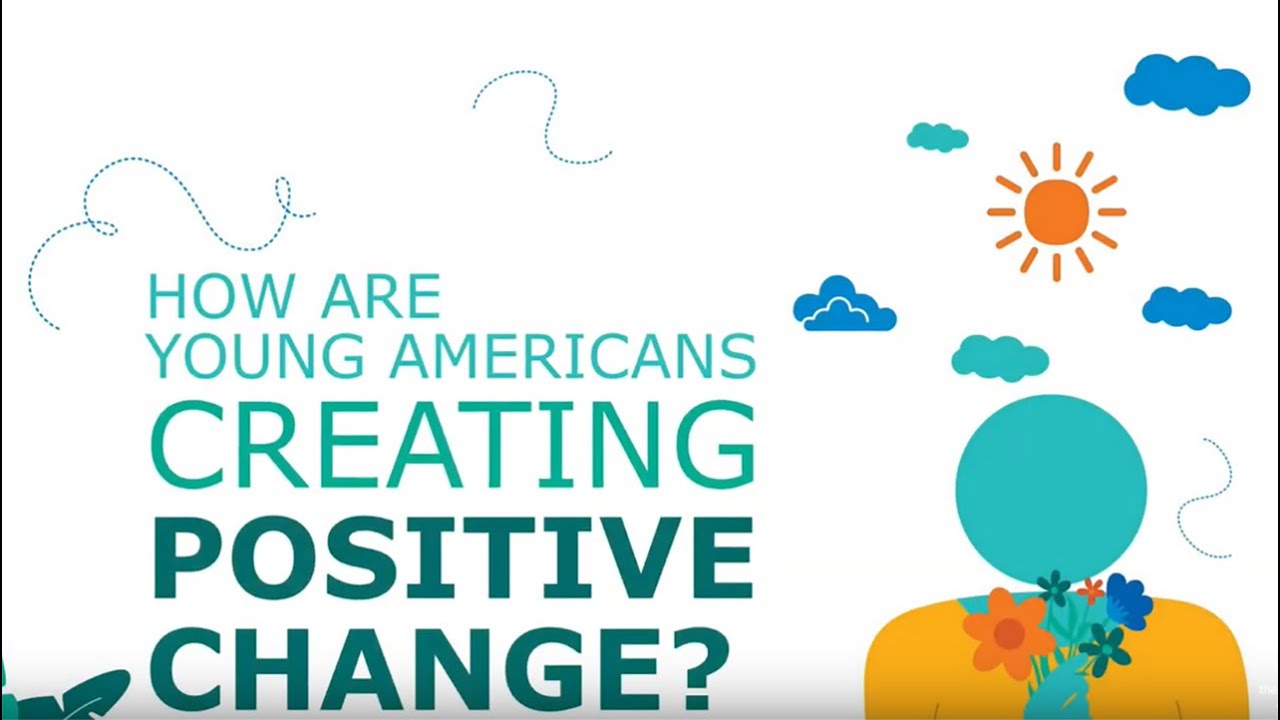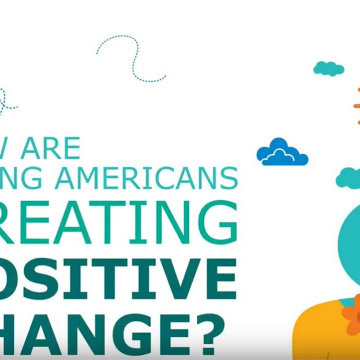Adapting to Our Changing Communities with a Global Lens
CHANGEMAKER BLOG: REFLECTIONS FROM YMCA175
We can all learn a lot from the oldest and largest youth empowerment organization in the world. One hundred and seventy-five years ago, George Williams started a small prayer group for struggling young men at risk during London’s industrial revolution. This first effort of a young leader responding to the needs of his community would eventually ignite a movement. The world has shifted immensely since 1844. And today, the Y has transformed into a dynamic global movement serving incredibly diverse communities in 120 countries.
The Y teaches us to have the voice and agility to adapt to our rapidly-changing world. Since its inception, the Y has been a powerful place for young people. Aspects of our original identity have evolved with society over time, as our organization responds to the changing demographics, cultures and individual needs of our communities. For example, for many Ys, the Christian identity is a prominent aspect, while some align more secularly. Some run fitness centers, while others operate out in the community without a physical facility. But freedom of interpretation is the beauty of the Y’s structure. While our services have grown diverse, the common thread across all Ys is our commitment to young people and truly serving all.
The Y is teaching us to not just be leaders, but also global citizens. The unique global interconnectedness of our movement positions young Y leaders with greater opportunities in our increasingly globalized world. In order to continue to stay relevant and best serve our local changing communities, it is critical we grow our cultural competencies and further develop our global lenses so that we have the skills to adapt and strive for full inclusion. Lucky for us, our movement has a presence in nearly every corner of the world.
This week I’ve been fortunate enough to live and breathe global Y engagement. YMCA175, and especially the Change Agents program, is its own hyper-global ecosystem of cross-cultural learning and collaboration. I’ve met countless young people this week, everyone with a completely different story, but everyone eager to learn. It’s surreal to know that my newest Y network comprises young people from more than 40 countries, and that is not something I take lightly.
It’s important to recognize the founding of the YMCA, while also knowing that we will continue to adapt to best fit the needs of our changing communities around the globe. Evolution and innovation will be crucial to ensure that we continue to be an equitable organization available to all. Our legacy is proof of the invaluable investment and commitment to young people, trusting their voice and ability to lead change.
Nora Tafel
Coordinator, World Service, YMCA of the USA
August 6, 2019
Why Having a Global Lens is Important to Create Local Change
CHANGEMAKER BLOG: REFLECTIONS FROM YMCA175
In our rapidly-changing world, our communities are beginning to look more and more different. If you live in a bigger city, you don’t have to travel far to experience international cuisine, or hear people speak languages you’ve never heard before. As our communities change, it is our social responsibility to understand the fabric they are made of, as well as how they evolve.
You’ve probably heard the quote, “You don’t know what you don’t know.” In the context of impacting communities, while not knowing is the first step in the cultural competence continuum, it is imperative to develop a global understanding in order to create lasting change in our local communities.
It is said that people will always fear what they don’t understand. You can make the argument that most racial conflicts that take place in countries around the world come from lack of understanding. In our societies, we tend to seek comfort through the similarities of others; but to truly develop empathy, one must make the effort to seek to understand the differences as much as the similarities.
Through the YMCA175 global experience in England, 42 young leaders from YMCAs all over the world had the rare opportunity to come together in one place and learn about each other through the Change Agents program. Most of them, like myself, work or volunteer in local Ys and are finding the need to adapt to better respond to their changing communities. Through this experience, we have found that while we come from different countries, we face similar issues, from immigration to mental health crises.
It is only by talking about our countries that we were able to truly learn and understand the complex issues that give meaning to the work that we do with the Y around the world. Knowledge is power, and in today’s world, where our neighborhoods are made up of diverse languages and cultures, looking at our communities through a global lens will help our efforts to strengthen their foundations and authentically live out our mission.
SANTIAGO PRADA, COHORT #4
Swift Creek Family YMCA, Chesterfield, VA
August 4, 2019
Videos
Continue Creating Change
Beyond supporting young leaders, discover more ways you can encourage change and make your voice heard on both a local and global level.
-
Supporting Communities
Team up with your neighbors to build a stronger community together through service projects, like planning a food drive, leading a cleanup effort or contributing to a community garden.
-
Supporting Boys and Young Men of Color
The YMCA Boys and Young Men of Color (BYMOC) strategy builds pathways to success to through an emphasis on education, college and career readiness, character development, belonging and community building and health and well-being.
